May We Ask, Give, and Receive
On accepting care during top surgery recovery
Hi! Thanks for reading Nourishing Notes. This a free newsletter, but if you’d like to support my writing and have access to upcoming occasional paid posts, consider becoming a paid supporter.
A click of the ♡ button really does make a difference. You can also share excerpts of Nourishing Notes on social media, forward it to someone who might enjoy, or text it to a friend.
Content warning: mentions of vomiting and suicide
I don’t accept care easily. I opt to do things on my own before asking for help almost every time. I will drop everything and show up for my people but never expect or ask for the same. When it came time to ask for what I needed ahead of top surgery, I froze. I truly convinced myself I could do it alone. Even now, being in the thick of recovery, I opt for reaching for something that is maybe a little too far out of my reach instead of asking for someone to hand it to me.
When I was a teenager, my emetophobia was at an all-time high. Stick with me. I have never spoken about where this phobia stems from, but I want to tell you part of it stems from the fact that the last time I threw up (literally when I was 7 or 8 years old), I was left to do so alone for hours. My mom and I lived with a couple she knew after we were kicked out of her boyfriend’s apartment for what would be the first of many times. One night, I woke up in the middle of the night so sick with food poisoning and threw up on the carpet and in the sink with little support from my mom. I was left to throw up alone outside on the concrete until the sun came up, and I finally had nothing left to expel. This was just one of many instances of my mother not being the nurturing type.
The worst of my phobia manifested around 14 or 15, and when I would feel nauseous at night before bed, I would ask my mom to sit at my bedside while I fell asleep. Despite her clear aggravation, she would stay up with me as I cried myself to sleep almost every night for months until one day, she had her own mental breakdown and was suicidal. My dad told me it was my fault she wanted to kill herself.
These instances of wanting care, company, and nurturing through these distressing experiences and being told or shown they were simply too much to ask for cemented in my psyche that I had to go through discomforts alone and didn’t deserve the nurturing I so desperately sought.
Another layer to this is having a chronic illness, where my threshold to deal with pain is higher than most, and I am less likely to tell people when I am really in pain until something urgent happens. You’d think I would have learned my lesson after my heart almost stopped two years ago because I delayed care.
Getting top surgery meant I had to face all of these things head-on. I not only have to ask for help directly, I have to accept it. If I am in pain, I have to name it and treat it urgently. I have to keep up on my pain meds, even if I think I can weather the pain without aid. I have to watch how my body changes and heals to ensure nothing is wrong.
So much of the work I’m doing in therapy related to my divorce, friendship, OCD, chronic illness, and other parts of my healing is directly tied to my difficulty speaking up when I am feeling discomfort, unsafe, or simply wanting to pivot something in my life. I don’t know how to ask for what I need or want because I have internalized the belief that it is likely too much and I fundamentally do not deserve to be nurtured.
One day soon, I want to talk about experiencing my gender fully and truthfully through this surgery and I have much to say (as usual) about the experience of recovery and surgery. However, because I am still healing and I’m not quite able to access dressing and moving my body in the way I want to yet and there is so much to process, the thing I have to focus on the most is care. Simply care. As much as recovery has been a huge trigger, it has also been healing in more ways than one.
The more I talk to other people who have gone through divorces, grew up in households of neglectful parents, or have not had relationships where they felt fully seen, I am gaining more language around how to name when I feel pulled toward change or realignment.
This has been as simple as telling my partner, who is helping me shower during this recovery time, to adjust how they comb the conditioner through my hair. It is also as big as allowing myself to sob in discomfort when my compression vest desperately needs adjusting because it is, quite frankly, a sensory nightmare, especially when falling asleep. It’s also leaning into my own self-care and taking the medications I am supposed to, even though my high pain threshold allows me to withstand high levels of pain even if I literally don’t have to.
These acts of care also have me considering the ways in which I practice care toward those I love and how I can create more spaciousness for those who also have difficulty speaking up, especially when so many of us are told our needs are too much, a burden, or something we can work through alone.
I want to tell you that you don’t have to go through it alone. Asking for what we need is difficult, yes, and it connects us to each other in such deep and profound ways. Speaking our needs, and even wants, into existence can bring heartache and change, but if I’ve learned anything, it ultimately brings us closer to ourselves and the people who can see us in our full, authentic selves. We deserve that. You deserve that.
I know it can be hard for any of us to ask for care right now, especially. It’s easy to fall into the mindset of thinking that when we exist in bodies or circumstances of privilege, our needs inherently come second, third, or shouldn’t exist at all. There is nuance to this, of course. Acknowledging privilege is certainly required, and we may even need to put ourselves in situations of discomfort to protect those more vulnerable. It also does us a disservice when we neglect ourselves completely in service of others.
I felt a lot of heartache and shame around getting top surgery during a genocide when so many people can’t access literal basic needs. I think of queer Palestinians who can’t receive care on so many levels. I think of the hundreds of thousands of people getting slaughtered—those who are being forcibly displaced from their beloved homes to avoid such. I think of those who can’t access gender-affirming care, period.
I told my therapist that it felt self-indulgent to receive this care right now for myself. Still, I was reminded this is a gender-affirming procedure I have been longing for that will ultimately give me more access to the energy required for the never-ending work ahead.
As I continue to exist in this non-binary body, I remember that, truly, nothing is black and white. Many things can exist at once. Asking for and receiving care helps recharge us for the care we must give one another interpersonally, locally, and globally. May we create a chain of care that reaches across seas. May we all receive the care we deserve. May we ask, give, and receive. None of us are free until we are all free.
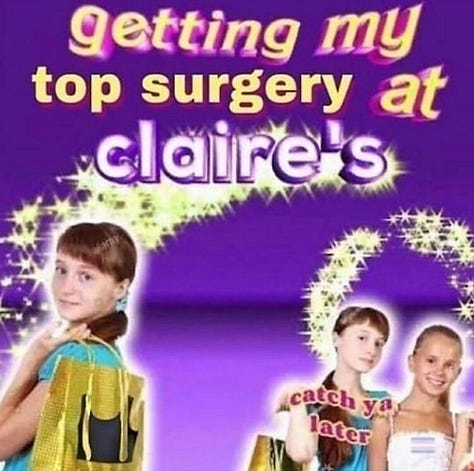
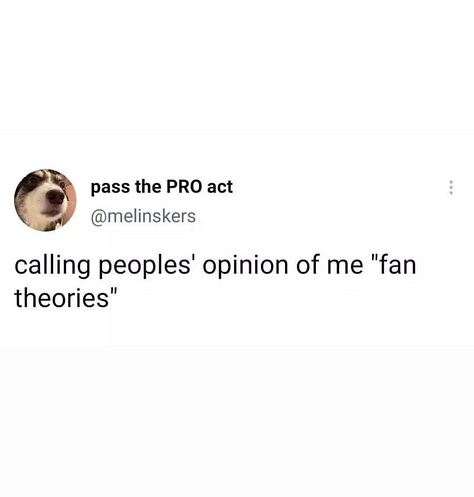
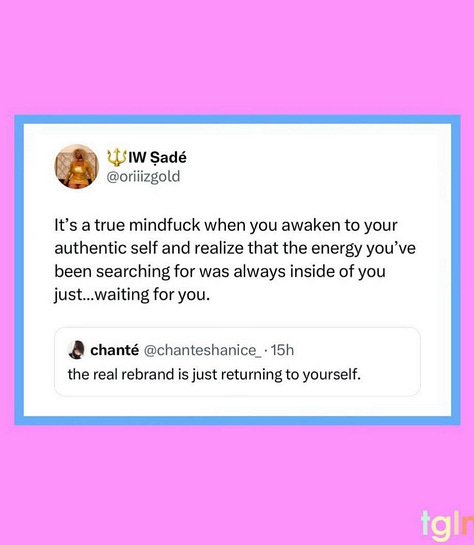
The images coming out of Rafah are absolutely infuriating. You may be feeling stuck, but there are many ways to take action. Boycott pro-genocide brands and invest in pro-Palestinian ones (search BDS movement Palestine boycott list). Amplify Gazan voices in person, online, and wherever you have a presence. Call or email your reps to demand an unconditional ceasefire (you can set up shortcuts for your phone to auto-send at freepalestine.tools)! If you can’t participate in marches/protests, opt for participating in digital events and sharing resources. If you can, donate your money and time to Palestinian organizations and funds directly. Use this time to learn more about the history of Palestine and educate yourself. And an important reminder that it isn’t all or nothing! Imperfect participation will always be better than none.
One way I have been participating is supporting familities through Operation Olive Branch, an amazing organization that helps fundraise directly for people in Gaza to get aid and funds to escape. I spent a lot of time with their robust spreadsheet, learning about families such as Fadi’s family, the Al-Maghari family, Rezeq Jamal Rok, Layal Qudaih, Reem Hammad, and Marwa Awni’s family, who are just a select few who are looking for help.
To remain transparent, I have donated over $600 to families through Operation Olive Branch. They are always posting families on their Instagram stories who need help, so keep an eye out for those. I chose families with disabled family members who are trying to escape and receive medical care. I know not everyone has the means to donate large amounts. Still, any amount counts, and you can use your voice to amplify and share these organizations that are doing work on the ground to ensure these families are finding safety.
As a reminder, this is not an apolitical conversation. These families are being forcefully displaced. The choice they are given is for them to either be forcefully displaced from their homeland or be ethnically cleansed due to the United States government facilitating and funding the systematic genocide of Palestinians. We have to keep showing up from all sides and angles.
My friend Lenna is fundraising to receive gender-affirming surgery. If you have anything else to donate, please take the time to learn about Lenna and their story. I am so lucky to be a close friend of theirs and am so in awe of their journey. You can help them here.
If you have made it this far, THANK YOU. I’m so glad you are here. If you have enjoyed this newsletter and want to support my writing, you can:
Order my book, Until Tender
Share a snippet of this newsletter on social media, tap that ♡ button, & tell someone to subscribe
Forward this email to a friend you think would enjoy it
Venmo me a one-time donation at @samslupski (20% of donations will be redistributed to mutual aid funds and/or local grassroots organizations)
Hire me to write for you
Thanks for sticking around.
Love,






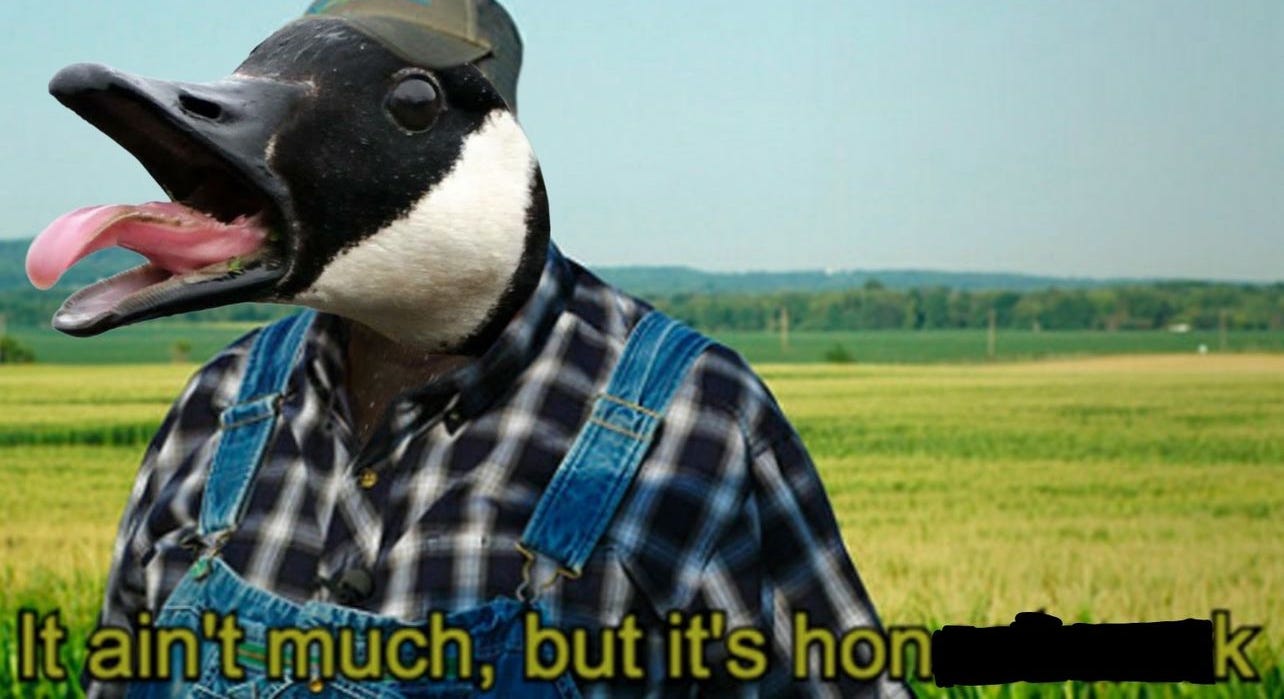

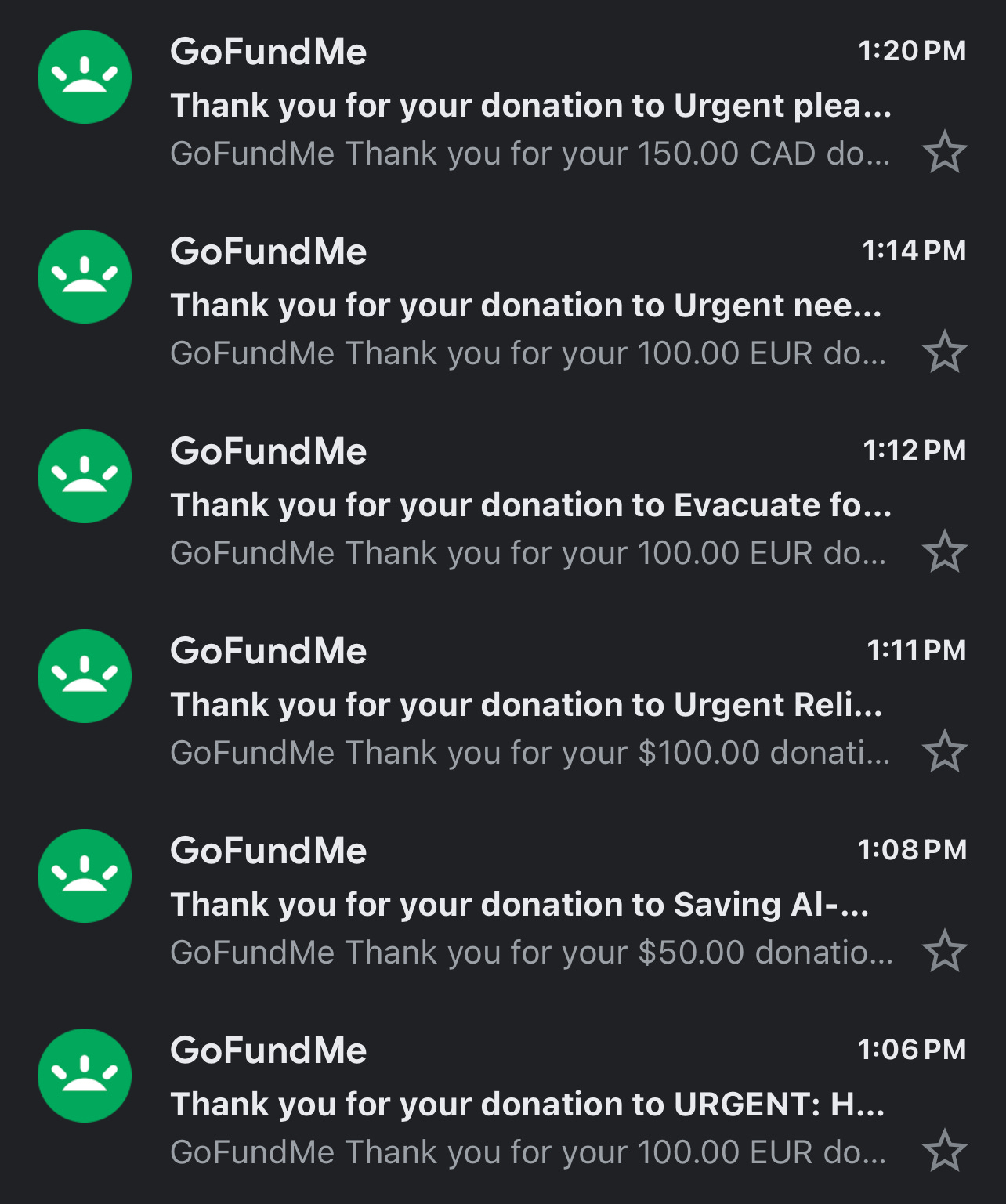
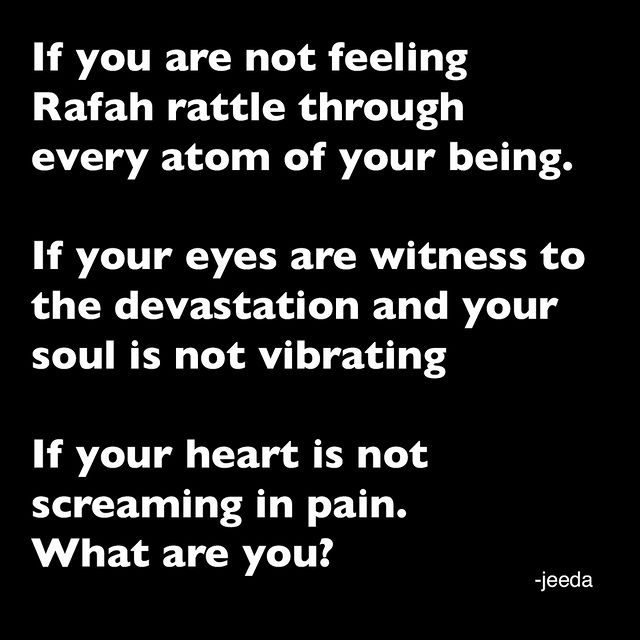


Congratulations Sam!!
Congratulations! This piece was so beautiful and so needed for me right now.